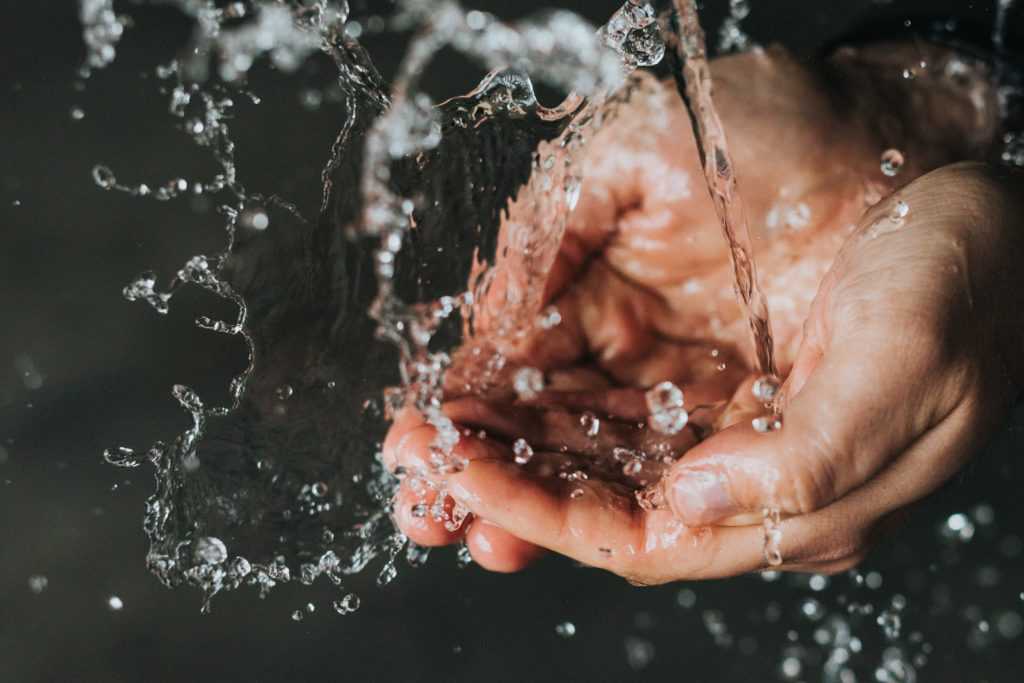Why hand washing really could decelerate an epidemic
13 February, 2020

To avoid viral infections, doctors advise practicing good hand hygiene. In light of the recent coronavirus outbreak, public health guidelines continue steadily to emphasize this. Is hand washing really that helpful in the context of an epidemic? New research suggests that it is.
In terms of protecting against viral infections - especially those that spread via droplets from coughs and sneezes - washing the hands is always the first-line measure.
Now, amid the recent coronavirus outbreak, properly washing the hands remains public health officials’ top advice with regards to controlling infection rates.
In their guidelines how to prevent infection with the novel coronavirus, the World Health Organization (WHO) state that persons should “[w]ash [their] hands frequently with soap and water.”
Still, people continue steadily to express doubt that something as simple as basic personal hygiene could have any effect in the context of an epidemic.
New research from the Massachusetts Institute of Technology in Cambridge aims to put those doubts to rest by showing precisely how important washing the hands can be in slowing the spread of infectious disease.
The analysis, which now appears in the journal Risk Analysis, used epidemiological modeling and data-based simulations to determine if and how better personal hygiene might affect the rate of disease transmission.
The researchers started from existing data indicating that a huge number of people usually do not wash their hands after using the restroom.
According to study co-author Prof. Christos Nicolaides, “70% of […] persons who visit the toilet wash their hands afterward.”
“The other 30% don’t [wash their hands]. And of these that do, only 50% still do it.”
- Prof. Christos Nicolaides
The Centers for Disease Control and Prevention (CDC) say that best practices for hand washing include not merely rinsing the hands with water, but also applying soap and scrubbing the palms, the trunk of the hands, between your fingers, and beneath the fingernails.
A person should scrub for at least 20 seconds before rinsing the soap and drying the hands with a clean towel.
However, Prof. Nicolaides notes that of the persons who do wash their hands after using the restroom, many never apply soap and spend under 15 seconds on the task.
“We consider that, for the most part, 1 in 5 persons within an airport have cleaned [their] hands at any given instant (i.e., 20% of airport population),” the researchers write within their study paper.
Source: www.medicalnewstoday.com
